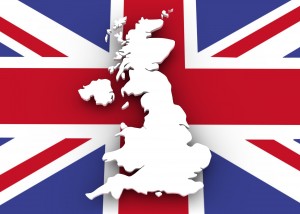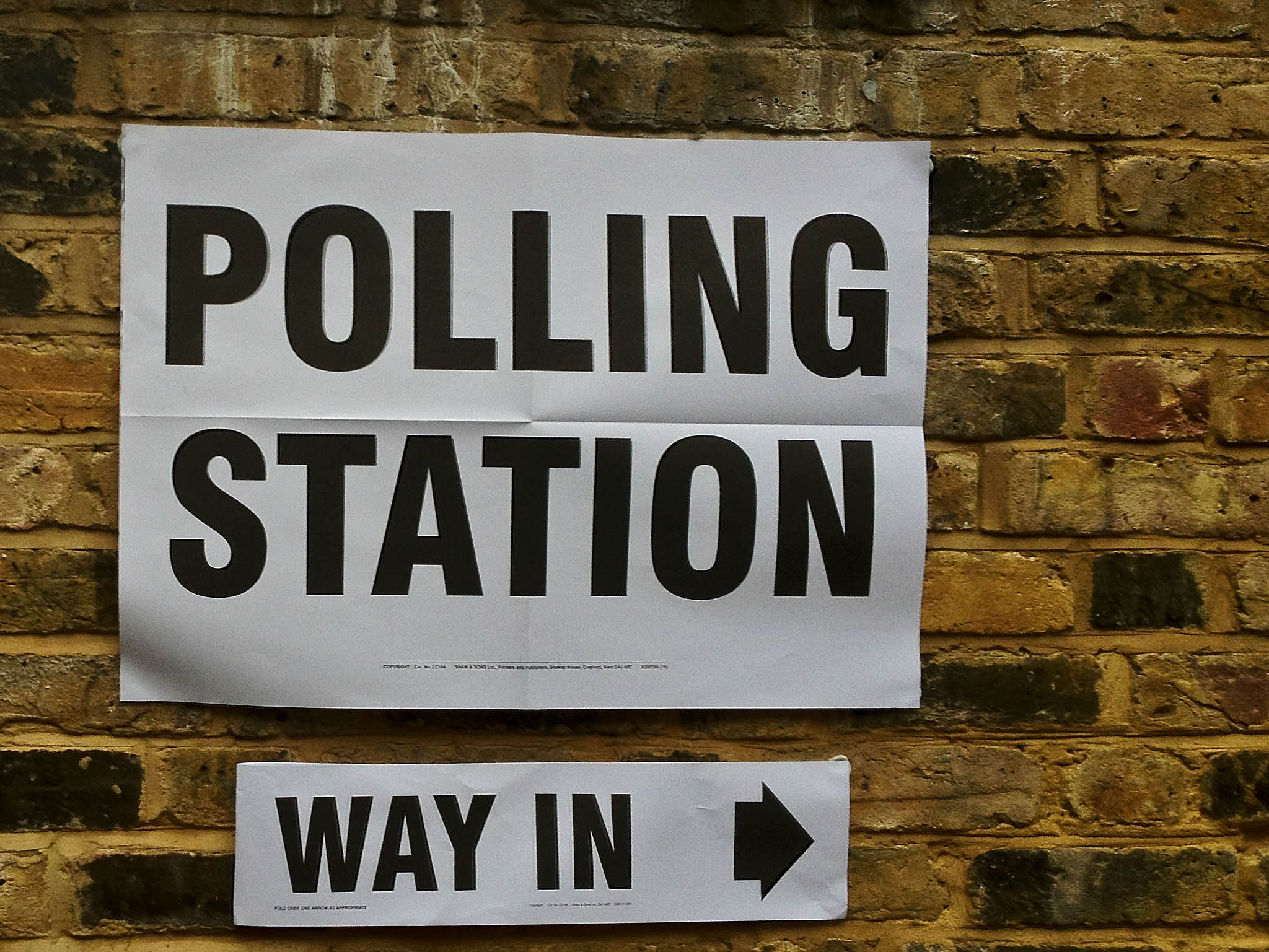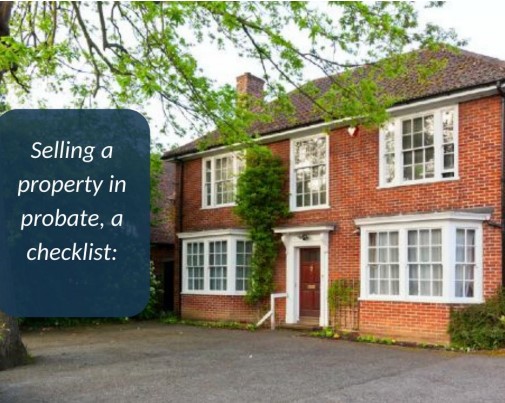How will the UK General Election and French election affect the housing market?
Property professionals are currently holding their breath regarding the future of the UK economy, thanks to the dramatic calling of a snap election by PM Theresa May and the impending result of the French election, along with its implications for the EU.


In 2017, the world of politics is risking a further number of upsets as we edge towards summer. On 18 April, Prime Minister Theresa May called for a vote by MPs to hold a snap election on 8 June.
With the Labour party in disarray due to a growing number of party members losing faith in leader Jeremy Corbyn, and the Liberal Democrats failing to enjoy a level of support greater than that of UKIP, experts believe that the scene is set for a huge victory for the Tory party.
For Theresa May, any outcome from the election would be considered acceptable:
- If she wins, she will continue as Tory leader, but with the backing of the British public as she continues to push for a hard Brexit
- If she has to form a coalition with the Liberal Democrats, she is provided with a fall-guy if Brexit negotiations lead to a negative effect on the UK economy
- If she loses, she is able to hand-over the potential disaster that is Article 50 to the succeeding party – avoiding the public backlash that may follow
For the UK economy, however, an air of uncertainty is sure to cause both foreign and domestic investors to hold back during the months that usually see the greatest levels of activity within both the commercial and residential property market.
The rise of the far-right?
Across the channel in France, tensions are equally high – especially for pro-EU campaigners who fear a repeat of last year’s Brexit, but on a larger scale – as fears grow that Marine Le Pen of the right-wing National Front may win and push for an independent France, potentially leading to the fall of the European Union.
For the EU, apprehensions that Le Pen – daughter of infamous politician and holocaust denier Jean-Marie Le Pen – could win have been compounded by a level of apathy by French voters to take the issue seriously. Initial figures suggest that up to a third of the French voting public are considering abstaining from polling stations in protest of the candidate selection. However, with a rabid fan-base, the far-right leader could surge to victory ahead of current favourite Emmanuel Macron, triggering a referendum for leaving the EU.
If France does decide to leave, the EU will lose one of its greatest investors and ultimately collapse.
In a world where a country’s economy and by proxy its property market are propped up by consumer confidence, any high-impact political drama has, in the past, led to a period of uncertainty. As consumers, we don’t simply buy any house, we buy a house because we see it as an investment, and if we are unsure of the likelihood of a return on that investment, we are less likely to consider purchasing.
What does this all mean for the British public?
In the UK, a growing number of people who regret their vote for leaving the EU, along with the rest of the remain campaigners, are unhappy with the handling of Article 50. For many, the idea of a ‘hard Brexit’ could damage the economy in a way that would take years, perhaps even decades to fix. Conversely, the idea of a ‘soft Brexit’ could place the UK in a submissive position with regards to negotiations over access to international markets, as well as alienate those voters who hoped to cut all ties with the continent.
Further reports of a second referendum for an independent Scotland – who overwhelmingly voted to remain – are also further exacerbating worries that the UK could lose one of its member countries and bring about a further downturn in consumer confidence.
While the Tory government continues to discuss the terms of the Brexit deal amid hopes of establishing new trade ties with willing countries, the loss of France from the EU could throw a spanner in the works adding a further layer of complication to an already complicated situation.
For example, if the UK is unable to gain enough support from trading partners before the two years of Brexit negotiations are complete due to the pre-occupation of global politicians regarding the health of the EU, the Tories may have to withdraw Article 50 and the country may find itself in limbo for the foreseeable future, with no trade ties, and no chance of a return to a dying European Union.
These complications could, as a result, risk further damage to an already weak economy and lead to a second property market crash as homeowners decide to stay-put until the future is clearer. Of course, even if the French election goes in favour of Macron instead of Le Pen, and the Tories enjoy a clear victory, the public sentiment and fears regarding Brexit could take much longer to be allayed.
Hoping to sell your house fast? Why not ask National Homebuyers for advice, as we buy any house. Call 08000 443 911 or request a call back to find out how much you could get for your property.






